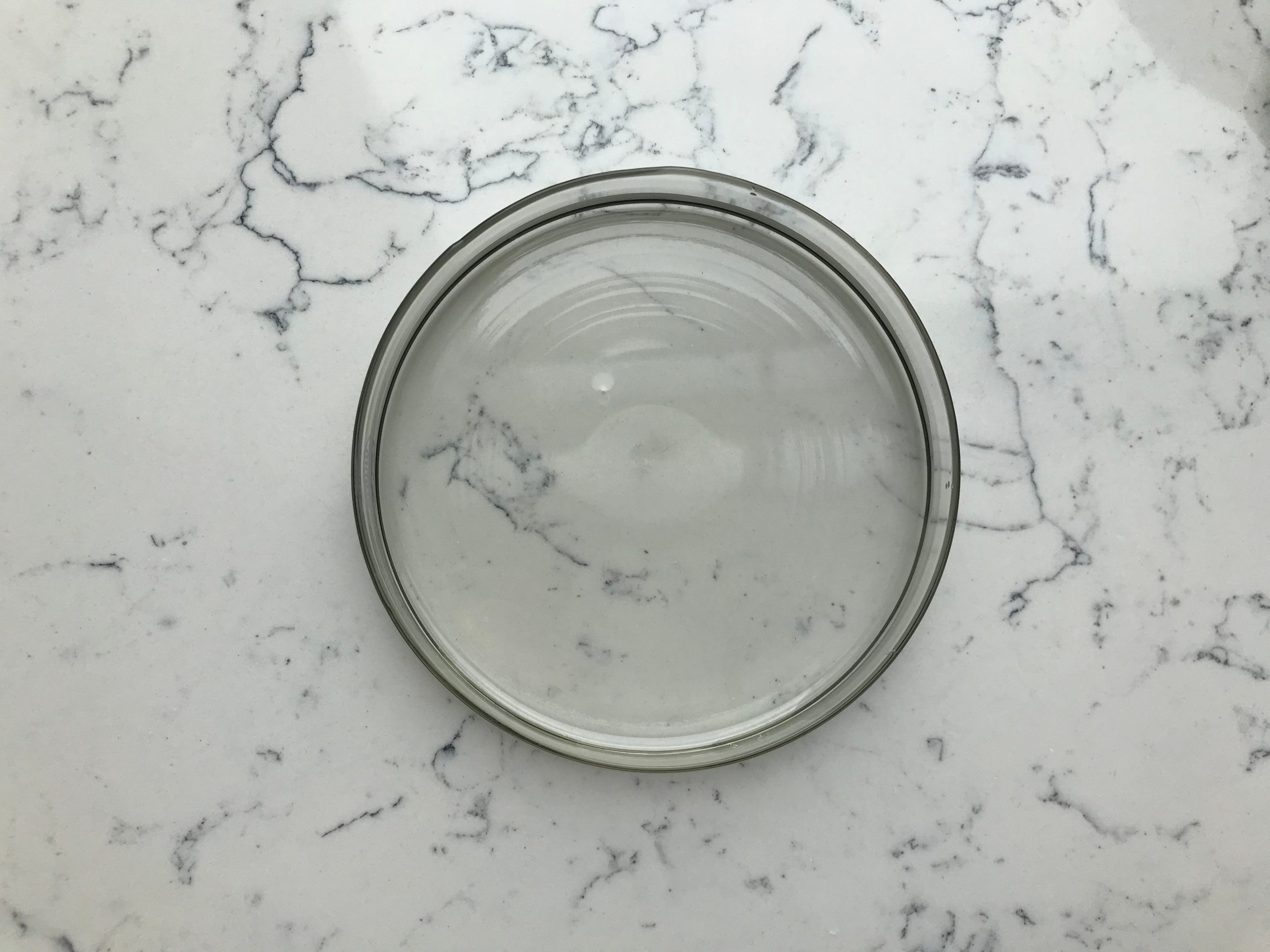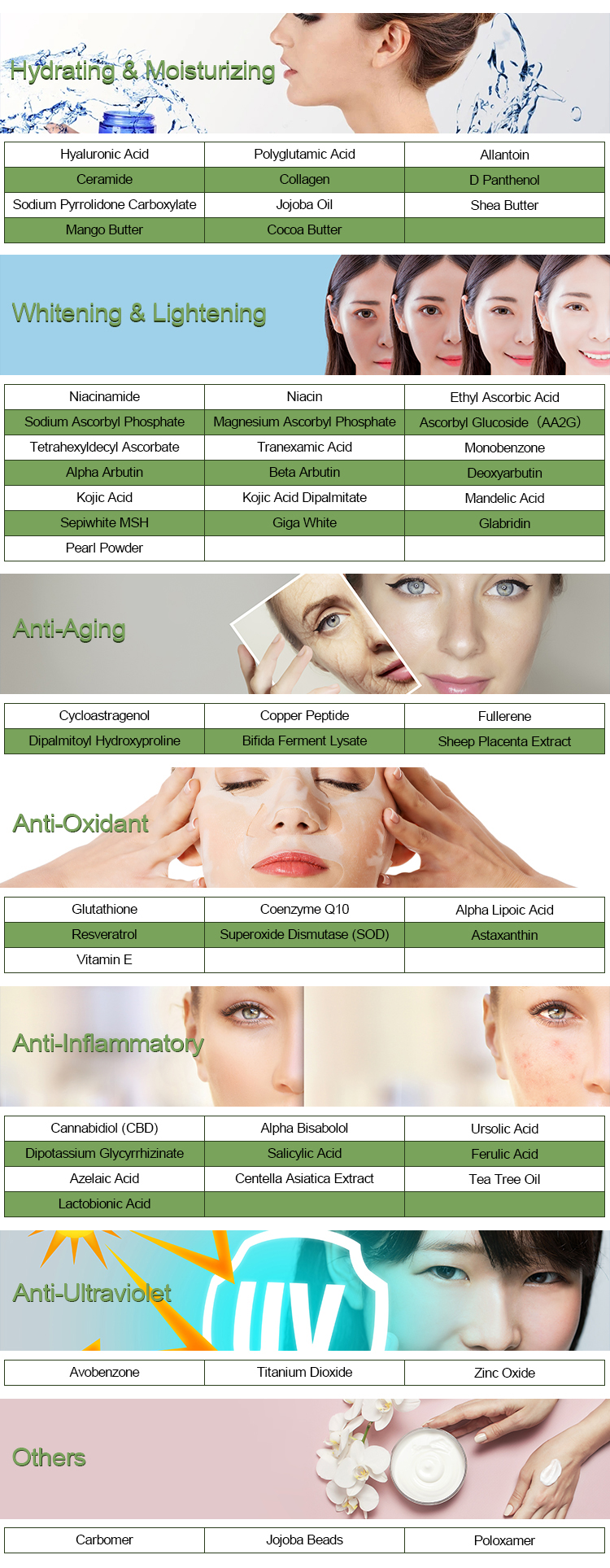As of my last knowledge update in September 2021, Isosorbide dimethyl ether (IDME) is a compound primarily derived from isosorbide, a renewable and biodegradable compound obtained from agricultural feedstocks like corn. Isosorbide Dimethyl Ether has shown potential in various applications due to its unique properties. Here are some of the applications where IDME could be utilized:
Green Solvent and Extractant: Isosorbide dimethyl ether has been investigated as a green solvent or co-solvent in various industrial processes, such as the extraction of natural products, separations in the pharmaceutical industry, and as a safer alternative to traditional solvents like dimethyl sulfoxide (DMSO) or N,N-dimethylformamide (DMF).
Fuel and Fuel Additives: Isosorbide dimethyl ether can be used as a potential alternative or additive for diesel fuel. It has been explored as a cleaner-burning fuel or as a blending component to improve the properties of diesel, such as reducing emissions and improving combustion efficiency.

Polymer Production: Isosorbide-based compounds, including Isosorbide dimethyl ether, can be used as monomers for the production of biodegradable polymers, such as polyesters and polycarbonates. These polymers can find applications in packaging materials, textiles, and medical devices, among others.
Personal Care and Cosmetics: Due to its biodegradable and non-toxic nature, Isosorbide dimethyl ether could be used as a solvent or ingredient in personal care and cosmetic products, such as lotions, creams, and perfumes.
Pharmaceuticals: Isosorbide dimethyl ether may have applications as a solvent or excipient in pharmaceutical formulations, especially for oral or topical drug delivery systems.
Industrial Cleaning: IDME’s solvent properties make it potentially useful for industrial cleaning applications, where replacing traditional solvents with a more environmentally friendly option is desired.
Chemical Intermediate: Isosorbide dimethyl ether could serve as an intermediate in the synthesis of various chemicals, such as specialty chemicals or agrochemicals.
Coating and Adhesive Industry: Isosorbide dimethyl ether might find applications in the formulation of eco-friendly coatings, adhesives, and sealants due to its low volatility and potential for reduced environmental impact.
It’s important to note that the adoption and development of IDME-based applications may have progressed since my last update in September 2021. Therefore, I recommend checking more recent sources, such as scientific journals, industry publications, and news articles, for the latest information on the applications of isosorbide dimethyl ether.
Adverse effects of Isosorbide Dimethyl Ether
As of my last knowledge update in September 2021, there is limited information available about the specific adverse effects of Isosorbide Dimethyl Ether (IDME) since it might not have been extensively studied or widely used at that time. However, I can provide you with general information about isosorbide derivatives and potential adverse effects that might be relevant.
Isosorbide derivatives are a class of compounds that are sometimes used in pharmaceuticals and other applications. Isosorbide itself is often used in medicine to treat conditions like angina (chest pain) and heart failure. It works by dilating blood vessels, which can help increase blood flow and reduce the workload on the heart.
Potential adverse effects of isosorbide derivatives, including Isosorbide dimethyl ether, could include:
Headache: Vasodilation caused by isosorbide derivatives can lead to headaches, especially when treatment is initiated. This effect might be similar to the “nitrate headache” experienced with other nitrate medications.

Low Blood Pressure: The vasodilatory effects of isosorbide derivatives can cause a drop in blood pressure. This might lead to symptoms such as dizziness, lightheadedness, and even fainting, particularly when standing up quickly.
Flushing and Warmth: Some individuals might experience skin flushing or a feeling of warmth due to the dilation of blood vessels.
Gastrointestinal Distress: Nausea, vomiting, and other gastrointestinal symptoms can occur as a result of isosorbide derivative use.
Allergic Reactions: While rare, allergic reactions to isosorbide derivatives are possible and can manifest as skin rashes, itching, swelling, or difficulty breathing.
Tolerance: Prolonged use of isosorbide derivatives can lead to tolerance, where the body becomes less responsive to the medication’s effects over time. This might necessitate dose adjustments or changes in treatment.
It’s important to note that the specific adverse effects of Isosorbide dimethyl ether might differ from those of other isosorbide derivatives due to differences in chemical structure and pharmacological properties. Additionally, new research and information could have emerged since my last update.
If you are considering using Isosorbide Dimethyl Ether for any purpose, I strongly recommend consulting a healthcare professional or a medical expert who can provide you with the most up-to-date and accurate information about its potential adverse effects and interactions.
